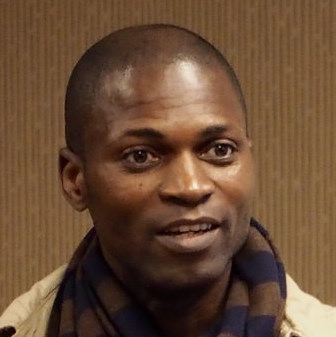Bio
Godfrey Maringira is an associate professor of Anthropology at Sol Plaatje University, Kimberley, Northern Cape, South Africa. He graduated with a PhD in sociology at the University of the Western Cape, South Africa in 2015. He is a senior Volkswagen Stiftung Foundation research fellow and is also a Principal Investigator of the International Development Research Center (IDRC) research on Gang violence in South Africa. Dr. Maringira is a two-time consecutive recipient of the SSRC’s Next Generation Social Sciences in Africa: Fieldwork and Completion Grant – 2012 and 2013, respectively. He is also a three-time recipient of the African Peacebuilding Network grants: Individual Research Grant (2014), Working Group Grant (2016-2017), and Book Manuscript Grant (2018). Dr Maringira’s areas of research include armed violence in Africa with a specific focus on the military in post-colonial Africa. His 2017 African Affairs Journal article title “Politicisation and Resistance in the Zimbabwe National Army” was awarded the best author price in 2018. His book Soldiers and the State in Zimbabwe was published in 2019 by Routledge.

